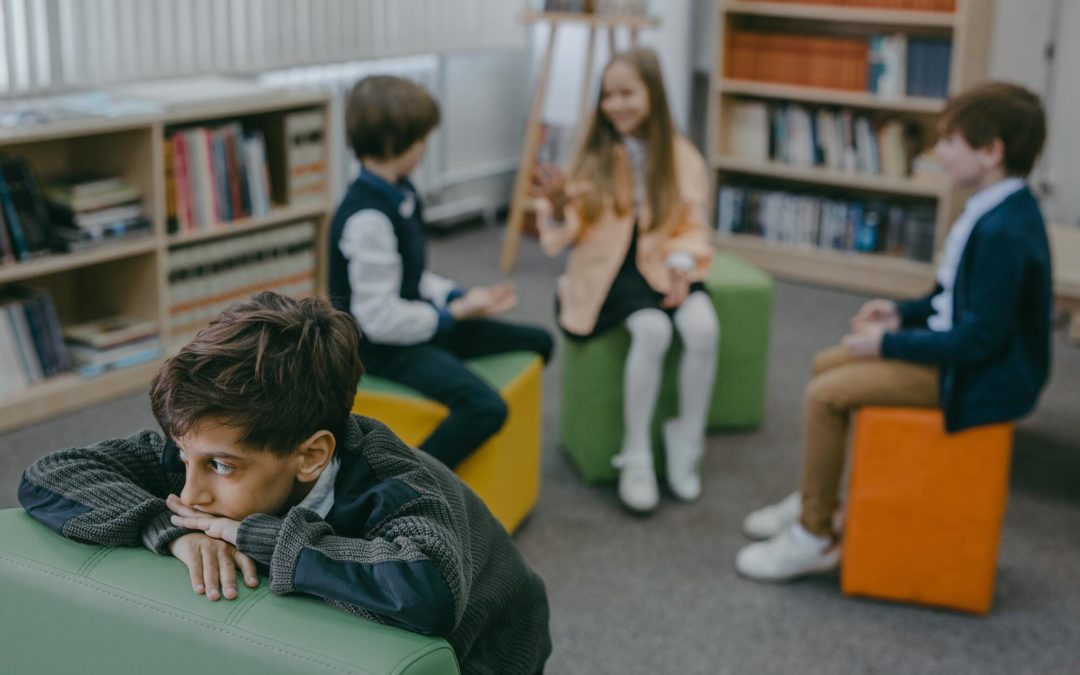One of the most difficult parts of being a parent is when you have no way to fix a challenging situation for your child. This is especially true when it comes to your child’s social interactions.
Friendships are incredibly important, both for quality of life and the development of essential skills. They enhance social skills, build emotional intelligence, and give practice in problem solving and conflict resolution. And, of course, they create so many of the fun moments in life.
However, for children who do not easily fit the mold, whether due to a learning disability, difference in the way they process the world, or social challenges, true friendship and connection can feel like an impossibility.
And that, to any parent, is both heartbreaking and concerning to watch. Below, we offer some hopefully helpful tips to enhance your child’s social interactions and self-esteem, while still treasuring all of the uniqueness your child has to offer the world.
Seek Children with Common Interests
For many children who struggle with socialization, initiating the interaction is the most difficult part. Signing them up for an activity that is well within their comfort zone can give your child some common ground to connect with a peer.
For instance, if you struggle pulling your child away from Minecraft, search for some related after-school classes. The more engaged they are in the activity, the more open they will be for potential connections.
Review Social Skills and Solutions
For some children, social skills don’t come as naturally. Reviewing them at home in a comfortable environment can help prepare for future interactions.
Try role playing with your child, especially focusing on social situations that they find particularly difficult to manage. Act out friends taking turns, back and forth conversation, realizing when the other person is becoming frustrated, or working together on an activity. Act as the “friend” first, and then as your child, with the child swapping roles with you.
As you work through situations, come up with solutions to bring into the real world. Practice different solutions and ask which one they will use in the future.
Avoid Putting Yourself in the Middle
It’s hard to resist, but inserting yourself into the situation or attempting to handle it for them does more damage than good. In fact, this often leaves a child feeling less able to solve problems on their own.
Instead, work on providing your child with a comfortable environment to express their concerns and anxieties. Making them feel heard and validating their experiences will encourage them to keep you in the loop. Empathizing with their feelings, rather than trying to solve or erase them, will let them know you understand what they are going through.
Show Acceptance Wherever You Can
As your child grows, you will have less and less control of the social situations they encounter. What you can control is the acceptance they feel in your home and within your family. The more accepted a child feels at home, the better they will be at dealing with stressful circumstances.
West Hills Academy has served as another safe haven and second home for all of our students, many of whom once didn’t “fit in”. If you have concerns about your unique learner’s social acceptance in school and are looking for a more welcoming place, don’t hesitate to reach out.



